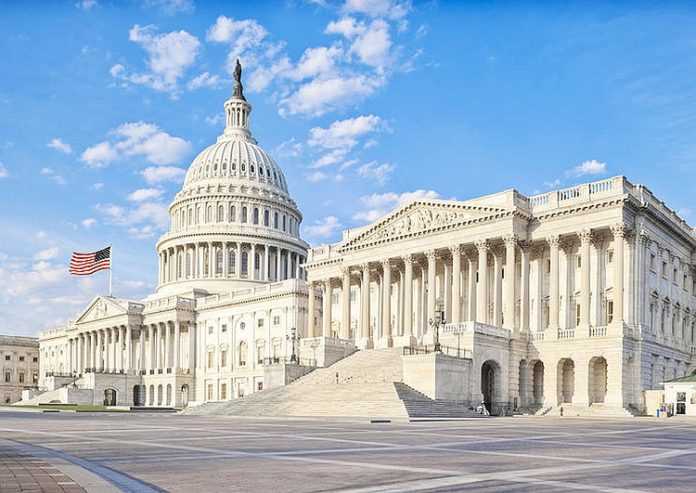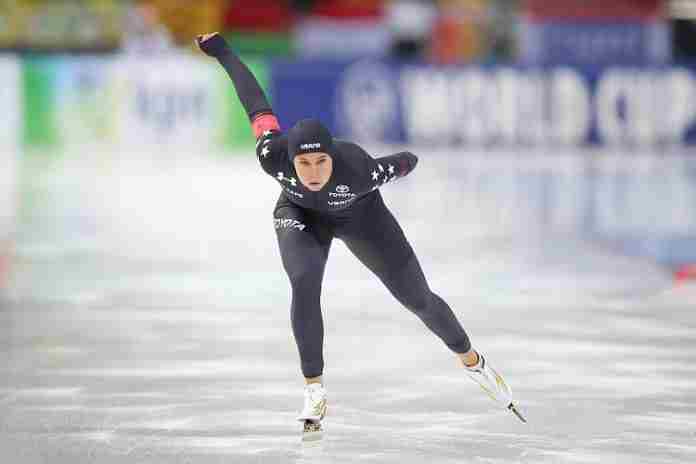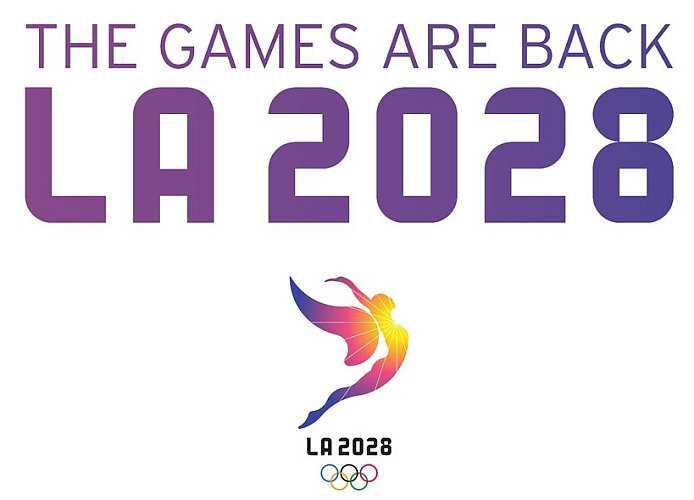In the midst of all the other activity in Washington, D.C. last week, the U.S. Senate Committee on Commerce, Science & Transportation approved and sent to the full Senate some 20 bills, including a modified version of S. 2330, the Empowering Olympic and Amateur Athletes Act of 2019.
This bill was originally introduced in July by Sens. Jerry Moran (R-Kansas) and Richard Blumenthal (D-Connecticut) as a re-write of the Ted Stevens Olympic and Amateur Sports Act, originally passed in 1978. The mark-up incorporated into the bill another legislative concept, from Sen. Cory Gardner (R-Colorado) to create a commission to evaluate the United States Olympic and Paralympic Committee and suggest further changes.
One aspect of the Moran-Blumenthal bill that has drawn very significant attention is section 4, which details how the U.S. Congress, by a Joint Resolution, can “dissolve the board of directors of the United States Olympic and Paralympic Committee” or “with respect to a national governing body, the recognition of the applicable amateur sports organization as a national governing body shall cease to have force or effect.”
For those in the Olympic Movement, this language set off alarm bells, as it conflicts directly with the mandate of the International Olympic Committee as specified in Rule 27 of the Olympic Charter:
“5. In order to fulfil their mission, the NOCs may cooperate with governmental bodies, with which they shall achieve harmonious relations. However, they shall not associate themselves with any activity which would be in contradiction with the Olympic Charter. The NOCs may also cooperate with non-governmental bodies.
“6. The NOCs must preserve their autonomy and resist all pressures of any kind, including but not limited to political, legal, religious or economic pressures which may prevent them from complying with the Olympic Charter.”
This “autonomy” business is a big deal for the IOC, which has suspended multiple NOCs in the past from participating in the Olympic or Winter Games. The most famous instance is South Africa, which due to its government-mandated apartheid policy, was expelled from 1970-1991. More recently, the NOC of India was suspended in 2012 due to governmental interference in its elections, and the Kuwait NOC was on suspension for similar reasons from 2015-18.
Russia’s suspension for government-run doping ran from 2015-18, and the country’s participation for Tokyo 2020 is up in the air because of possible manipulation of the lab data which was supposed to clear all of the cases from that period. The World Anti-Doping Agency actually has the authority in that case.
India is in hot water again because of proposed changes to the country’s National Sports Code. The government proposal would create an age limit for directors of the Indian Olympic Association and ban government officials from serving on the IOA or any of the national sports federations. These changes were made to avoid corruption, but the IOA is deeply concerned about such requirements “interfering” with the IOA and could lead to a suspension.
In case anyone thought no one was watching the Commerce Committee, letters were sent by both the IOC and the USOPC concerning S. 2330. USOPC chief executive Sarah Hirshland’s letter read in part:
“The USOPC should be the sole entity with authority to terminate NGB recognition in order to eliminate any confusion surrounding NGB accountability. Additionally, the International Olympic Committee has made clear that Congress assuming the power to dissolve the USOPC board would violate the Olympic Charter and endanger our recognition by the IOC as a National Olympic Committee.”
Colorado Senate Gardner laughed off the suggestion, saying at one point, “There’s no outrage from the International Olympic Committee about government interference from China’s own Olympic Committee. There’s no call for [Chinese NOC President] Gou Zhongwen to step down from his position that is either from the government or from the Olympic Committee to ensure that there’s no interference, so that this interference standard can be upheld.”
He missed the point; no surprise. China complies, at least superficially, with the Olympic Charter. What S. 2330 proposes does not.
So how does any of this impact the Los Angeles Games in 2028?
It shouldn’t, but here goes:
● Section 4 of S. 2330 becomes law and in either an election-year furor, or in 2021 with a new Congress, the Congress decides to vaporize, first, USA Gymnastics, and then the USOPC Board via the Joint Resolution procedure.
● The IOC objects and suspends the USOPC.
● An impasse proceeds, gets nasty and seriously impacts the NBC-USOPC-LA28 fundraising efforts already underway.
● Due to the interference and the subsequent turmoil in the marketplace, the IOC decides to implement sec. 38.2 of the Host City Contract, which allows the IOC to remove the Games because a “material Candidature Commitment of any Host Country Authority is not respected …” The non-respected commitment would be to uphold the Olympic Charter.
● The 2028 Games are awarded to Queensland, Australia, which is already saying it’s ready to host 2032 and could do it sooner.
Is this likely? Certainly not. Possible? It’s hard to imagine. The IOC needs Los Angeles to show – again, as in 1932 and 1984 – that a commitment to sports infrastructure allows an Olympic Games to be staged without governmental funding. But we’re dealing with the U.S. Congress here, folks.
But here is another scenario which is not beyond the realm of possibility:
● The bill, with sec. 4 in it, becomes law, the Joint Resolutions are passed, and the IOC suspends the USOPC in 2021.
● The Congress does not move, and as the invective gets (much) stronger, the IOC decrees that since the USOPC is suspended, a team of “Olympic Athletes from the USA” – a la the 2018 faux-Russian team – will be allowed to compete at the Beijing 2022 Winter Games, subject to the normal qualification procedures.
● U.S. athletes compete at Beijing 2022, marching in the Opening Ceremony under the Olympic Flag and, for any victory, seeing the Olympic Flag raised and the Olympic Hymm played instead of The Star-Spangled Banner.
● After the 2022 Winter Games, the Congress revises the law to form a commission (like the one Gardner proposes) as a permanent oversight body, but with other sanctioning tools that are agreed by the IOC to comply with the Olympic Charter. And all is well for a U.S. team for Paris 2024.
No way the IOC suspends the USOPC, right?
Wrong. This scenario actually benefits the IOC long-term. In the short-term, there will be a significant financial loss for the IOC as the television rights deal for NBC would be impacted, as would some sponsorships. But the costs for a Winter Games are far less than for a summer Games, and the IOC has $1.5 billion in reserves just for this kind of calamity. It would weather the financial storm for the 2022 Winter Games.
But the long-term implications of penalizing – and humiliating – the United States would send a thunderous signal to EVERY National Olympic Committee and International Federation that the IOC is gravely serious about its non-interference rules, which will quickly be far more respected. The impact of such an action could last 50 years.
Some U.S. athletes will miss their chance at Beijing 2022, the USOPC will be damaged, but not irreparably, and the Congress will look incompetent and stupid. Gee, imagine that.
And the Games will go on. Let the whispering begin.
Rich Perelman
Editor
If this commentary interested you, sign up to receive our exclusive TSX Intelligence Report by e-mail by clicking here. You can also refer a friend by clicking here.



























